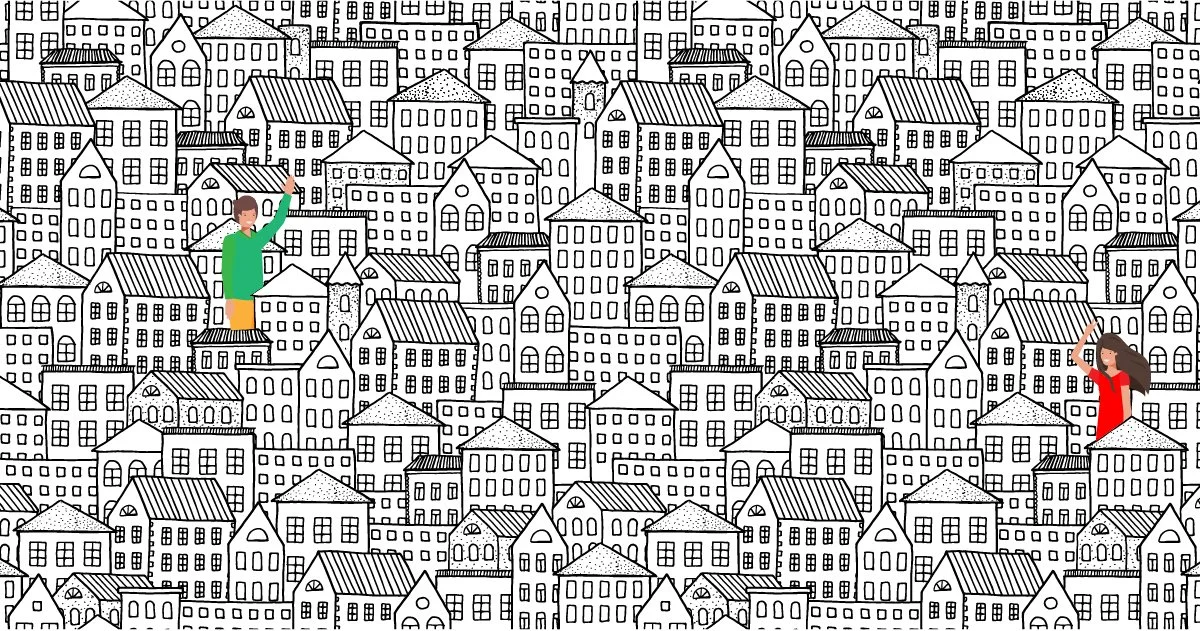Rediscovering home
“She’s happy wherever she shits!,” Mummy Gyi, my grandma, yelled across our dining table.
It was the morning after I returned from a 7-year stint in New York. Mummy Gyi was angry because I didn’t call or write, and disappeared from the family until the planes hit the World Trade Centre towers in 2001.
I was trying to run away from “home” then. I had an additional stint in India for 12 years – part of those years, I led a digital team in a large PR agency. Then I had the chance to help start up a digital agency in Myanmar. The future looked bright, and everything pointed upwards. Then I had the opportunity to again become an expat but to expand to work across emerging markets, so I took the chance. But I knew what home was always there to return to — perhaps I’d start a seaside bed and breakfast in my retirement years.
But last year, when the curtain of the military coup fell, I felt that my choice to return had been taken away, who knows when I will ever see “home” again.
Unlike me, most Burmese have vivid attachments to home, culture, and social community. Many do not leave home until they get married, and many continue to live with their parents or nearby. My parents for example, grew up in the same neighbourhood, went to the same church and school.
I grew up with my paternal grandparents just three steps away from our back door. My maternal grandma’s place was on the next street over. It’s a close-knit community, where you don’t have to ask neighbours for help — they will just send you food or ask you over if they’re doing something special, no matter how small that ‘special’ celebration is. It stems from a big, generous spirit where people are always donating and giving to those in need, to monks, and to each other.
Some of the people who struck me while I was home was the talented young men and women who went abroad and came back. They came home from getting their degrees abroad, even leaving their jobs to give back to the community in Myanmar and help build the country. A lot of them are stuck “back home”, thinking they would be able to help within the system — whatever that system may be. Some are also lost in reinventing themselves in this new, dark reality.
Some were lucky enough to escape.
But everyone carries a sense of deep grief around what could have been. The progress that has been stunted. We all don’t know when we will ever see our generous neighbours, our brothers and sisters, or parents.
For now, our sense of home is wherever we find each other. Where more than two Burmese people gather, you will find a community forming —starting with food, then a monastery or church. You can find them in the malls of Singapore, the suburbs of Perth, and the boroughs of New York.
Whenever I get a call for advice from one of these smart young men and women, I tell them, “Just do the best you can, be a voice, even if it is just to close friends. Let them remember what home used to be.”


